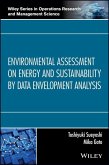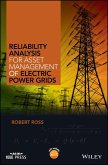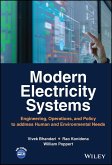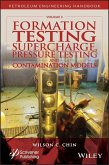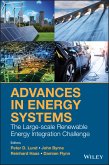Introduces a bold, new model for energy industry pollution prevention and sustainable growth Balancing industrial pollution prevention with economic growth is one of the knottiest problems faced by industry today. This book introduces a novel approach to using data envelopment analysis (DEA) as a powerful tool for achieving that balance in the energy industries--the world's largest producers of greenhouse gases. It describes a rigorous framework that integrates elements of the social sciences, corporate strategy, regional economics, energy economics, and environmental policy, and delivers a methodology and a set of strategies for promoting green innovation while solving key managerial challenges to greenhouse gas reduction and business growth. In writing this book the authors have drawn upon their pioneering work and considerable experience in the field to develop an unconventional, holistic approach to using DEA to assess key aspects of sustainability development. The book is divided into two sections, the first of which lays out a conventional framework of DEA as the basis for new research directions. In the second section, the authors delve into conceptual and methodological extensions of conventional DEA for solving problems of environmental assessment in all contemporary energy industry sectors. * Introduces a powerful new approach to using DEA to achieve pollution prevention, sustainability, and business growth * Covers the fundamentals of DEA, including theory, statistical models, and practical issues of conventional applications of DEA * Explores new statistical modeling strategies and explores their economic and business implications * Examines applications of DEA to environmental analysis across the complete range of energy industries, including coal, petroleum, shale gas, nuclear energy, renewables, and more * Summarizes important studies and nearly 800 peer reviewed articles on energy, the environment, and sustainability Environmental Assessment on Energy and Sustainability by Data Envelopment Analysis is must-reading for researchers, academics, graduate students, and practitioners in the energy industries, as well as government officials and policymakers tasked with regulating the environmental impacts of industrial pollution.
Dieser Download kann aus rechtlichen Gründen nur mit Rechnungsadresse in A, B, BG, CY, CZ, D, DK, EW, E, FIN, F, GR, HR, H, IRL, I, LT, L, LR, M, NL, PL, P, R, S, SLO, SK ausgeliefert werden.



